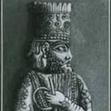Thomas Yaeger's Blog
June 23, 2022
Thomas Yaeger's books available free during the Smashwords Summer and Winter sale in July 2022
All my books will be available free of charge during the Smashwords Summer and Winter sale in July 2022. The books can be found at:
https://www.smashwords.com/profile/view/tpyaeger
No coupons are necessary to acquire these books.
Feel free to post responses.
Best, Thomas Yaeger

May 20, 2022
https://shrineinthesea.blogspot.com/2......
March 13, 2022
The Party's most essential command - Orwell
"The party told you to reject the evidence of your eyes and ears. It was their final, most essential command." George Orwell, 1984,
November 29, 2021
Spirituality, Philosophy and Psychedelics
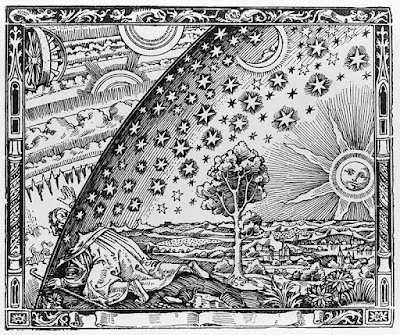
Thomas, long time no hear. I was curious to get your take on something that I'm not sure sure what to make of, intellectually and emotionally: the increasingly popular idea that Western spirituality, but more concretely, Greek spirituality is rooted in psychedelic experience. It seems that the Eleusinian mysteries in particular are now being identified as quasi-mushroom cults, while Shamanic transformation is also more and more considered a product of substance use. Again, not sure what t...
July 25, 2021
The Knower and the Known
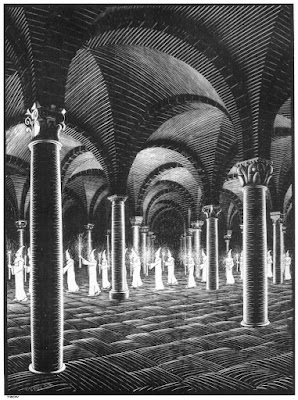
A few years ago I had a disturbing conversation with an Egyptologist I'd known for many years. I'd mentioned a comment I'd made in public about the Pharaoh Akhenaten, to the effect that his heresy was no longer as unfathomable as it once seemed to be. Then, out of nowhere, my qualities as a scholar were attacked, with arguments which had no foundation at all. She knew me well enough to know that her charges were baseless, but nevertheless, the charges were made, and with force.
One of the most...
July 1, 2021
Free books by Thomas Yaeger, from Smashwords during July
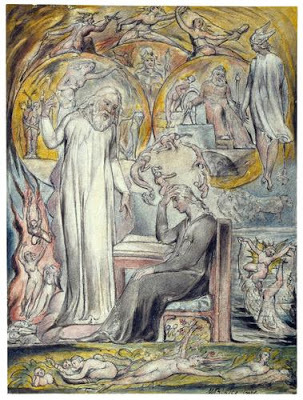
13th annual July Smashwords Summer/Winter sale, running July 1 through July 31. Starts at midnight Pacific Time. Sale now open! All my books are free during the month. https://www.smashwords.com/profile/view/tpyaeger
#Philosophy #AncientHistory
Further details at: https://shrineinthesea.blogspot.com/2019/02/the-roots-of-philosophy-four-books-by.html
April 27, 2021
A Timeline of Texts
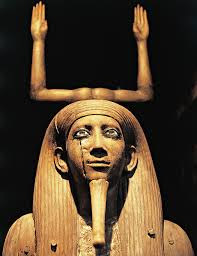
My intellectual history is quite complicated. I wrote half a million words between 1986 and 1989, very little of which is currently available (but all of it indexed). Meditations on the Egyptian Ka and Coelum Terrae were both written on an IBM golfball typewriter in 1988, but most other stuff was written in longhand. A study of Henri Frankfort's view of Parmenides is however available in longhand on this site.
I was always focussed on ancient history, but I spent a long time studying the Engli...
April 25, 2021
The Tedium of Immortality
Episode nine in the BBC R4 series (2016) 'A History of the Infinite' by the philosopher Adrian Moore) begins with a scene from the opera ‘The Makropulos Case’ by the Czech composer Janáček. The premise of the opera is simple: more than three hundred years earlier the heroine of the opera, Elina Makropulos, was given an elixir of life by her father, the court physician. She is now nearly three hundred and fifty years old. She has reached a state of utter indifference to everything, and her life h...
April 21, 2021
Calculus and the Infinitesimals: 'The Ghosts of Departed Quantities'
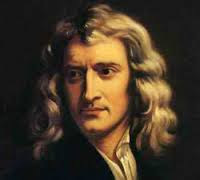
In this episode of Adrian Moore's 'A History of Infinity' (BBC R4, 2016), the subject is the nature and development of the calculus. It begins with the observation that to divide zero by zero, or zero into anything at all, makes no sense. If you know anything about the calculus, it is clear what is being talked about in this episode, but the way it is discussed is lacking in the kind of precise description you might expect.
A train is used as an illustration. Travelling a distance of sixty mil...
April 20, 2021
A Sense of Divinity - Descartes and Kant

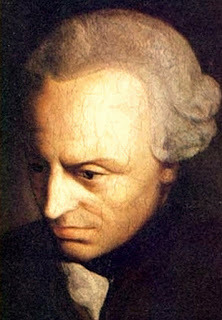
The fourth programme of Adrian Moore's 'A History of the Infinite' (BBC R4, 2016) discusses the views of Rene Descartes in the sixteenth century, and also the views of philosophers from the eighteenth-century Enlightenment. I haven’t added up the number of centuries of thought which have not been discussed at all, but so far argument has been drawn from the sixth century B.C.E. (Pythagoras) fourth century B.C.E. (Aristotle, Zeno), the third century C.E. (Plotinus), the 13th century C.E. (Aquinas...


